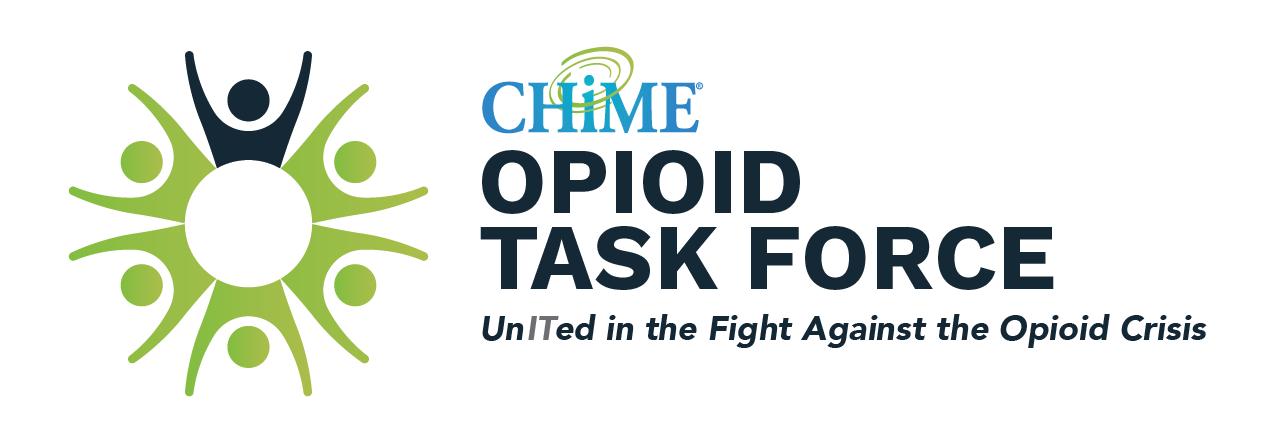Introduction
Health IT issues covered under the new H.R. 6 law include PDMPs, telehealth, Electronic Prescribing and Prior authorization, EHR incentives for behavioral health providers, and patient consent and sharing of sensitive health information.
H.R. 6
The new law addresses expanding access of PDMPs and improving the quality of PDMPs. H.R.6 grants state Medicaid agencies access to other states PDMPs to promote communication for Medicaid providers. In 2022, providers will now be required to check patients’ prescription drug history through a state-administered PDMP before prescribing opioids and other controlled substances. H.R. 6 also includes a provision that states that a federal matching rate of 100 percent in 2019 will be provided for states that design, or implement PDMPs that have agreements to share data with neighboring states. H.R.6 also states that the CDC should be involved with training and grants related to PDMPs to improve efficiency as well as promote intrastate interoperability between PDMPs and EHRs. The Centers for Medicaid and Medicare must integrate telehealth and telemedicine regulations into their services. This will include regulations relating to prescribing controlled substances as well as reducing barriers to telehealth. By 2021 electronic prescribing of controlled substances will be required. An incentives payment model will be tested for behavioral health providers who use EHRs.
Conclusion
A push for PDMP sharing and standardization will begin to take place. Telehealth is integral to fighting the opioid epidemic.
